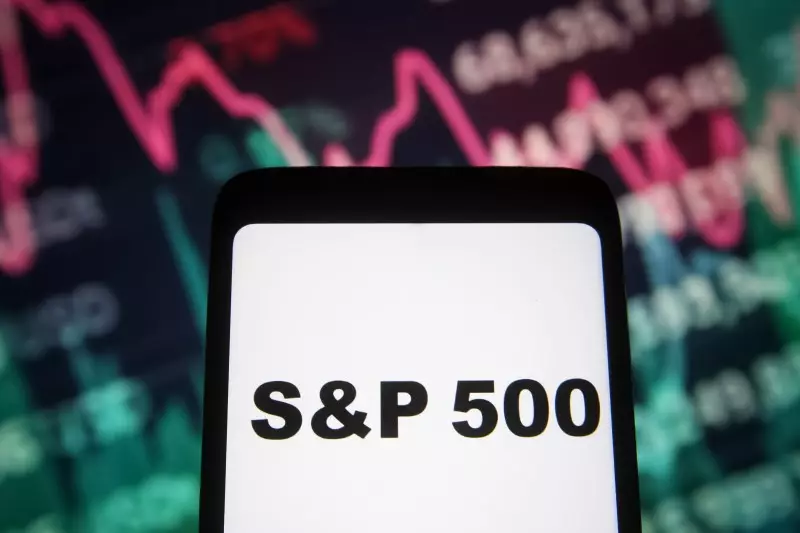The recent performance of US stock indexes has been rather turbulent, with the S&P 500 struggling to reach its March record high. Investors are particularly concerned about key inflation readings and upcoming earnings reports. A Federal Reserve Bank of New York survey revealed that Americans anticipate inflation to reach 3.3% in the next year, up from the previous estimate of 3%. Moreover, three-year inflation expectations stand at 2.8%. This has led to a sense of unease among consumers, as evidenced by a University of Michigan report indicating a drop in consumer sentiment to a six-month low in May. The escalating cost of living is a major worry for households, and this sentiment is reflected in the stock market.
As investors brace for potential market shifts, they are eagerly awaiting the release of producer price index data, consumer inflation data, and retail sales data. Additionally, earnings reports from retail giants such as Home Depot and Walmart are scheduled for this week. The mixed performance of the Nasdaq composite, which is on an upward trend, and the slight decline in the S&P 500 after three weeks of gains underscore the cautious stance of market participants. The prospect of Federal Reserve rate cuts in response to a cooling labor market has added to market uncertainties.
Market analysts, like Anthony Saglimbene, Chief Market Strategist at Ameriprise, emphasize the significance of monitoring inflation trends. The recent reports on deteriorating consumer sentiment and escalating inflation expectations have heightened concerns among investors. Forecasts suggest that core consumer prices may have risen by 0.3% on a month-over-month basis in April, with an annual increase of 3.6%. Federal Reserve Vice Chair Phillip Jefferson has advocated for maintaining interest rates at their current levels until there is a clear moderation in price pressures. Such expert opinions are crucial in understanding the potential impact of economic indicators on the market.
As of 2:20 p.m., the Dow Jones Industrial Average experienced a slight decline, while the Nasdaq Composite saw gains. The performance of individual companies has been varied, with GameStop witnessing a significant surge in its stock price following the return of “Roaring Kitty,” a key figure in the 2021 meme stock rally. Other highly shorted stocks like AMC and Koss Corp also rallied, indicating the influence of retail investors on market dynamics. On the technology front, Alphabet faced a minor dip, while Apple recorded gains amid reports of a potential collaboration with OpenAI for iPhone technology.
Despite the mixed performance of stock indexes and individual companies, the overall sentiment in the market remains cautiously optimistic. The ratio of advancing issues to decliners on both the NYSE and Nasdaq indicates a slightly favorable outlook. However, uncertainties surrounding inflation, interest rates, and economic data releases continue to weigh on investor confidence. The upcoming earnings reports and key economic indicators will likely shape the future trajectory of US stock indexes and investor sentiment in the coming days.

